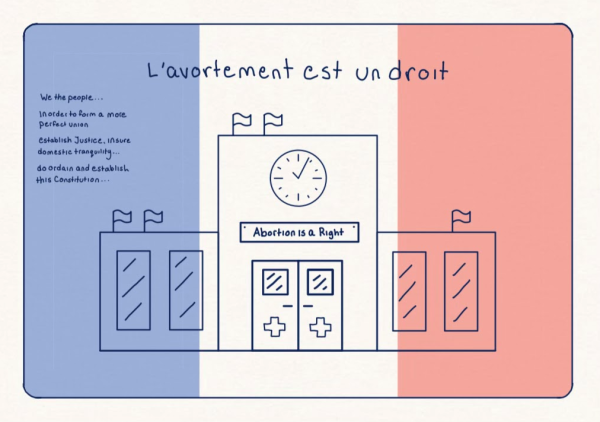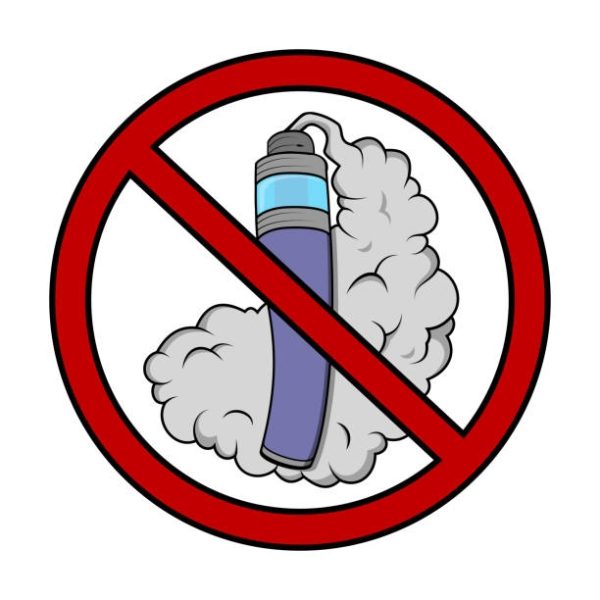Claremont Weeds Out Prop 64: All Dispensaries Now Banned
On Election Day, Prop 64, also known as the Control Regulate and Tax Adult use of Marijuana Act, passed in California, legalizing marijuana for recreational usage in California for people 21 and over. It allows marijuana to be possessed, purchased, transported, used, and transferred legally within the state. Most relevant to Claremont, it allows Californians to cultivate marijuana plants for indoor usage and for smaller, more private businesses. However, since Prop 64’s passing, Claremont has chosen to completely ban marijuana dispensaries within the city’s reach.
Recently, the Claremont City Council voted to deny the prop, even though it was not yet passed in California at the time. This decision was most likely influenced by the passage of another proposition concerning marijuana, Prop 215. Prop 215 gave individual citizens the ability to grow and maintain a few marijuana plants for medical use; prop 215 took a drastic toll on Claremont when an individual from outside of the city took advantage of Prop 215’s passage and came to Claremont to establish a marijuana dispensary. Many Claremont residents felt that the dispensary was a danger to nearby schools and neighborhoods and a disturbance of the city’s peace. However, at the time, the city had not passed for a legitimate system that regulated marijuana dispensaries. In the city’s vicinity, three secret marijuana dispensaries can be found in Upland along Foothill Boulevard near Central Avenue; in fact, the restaurant New China was even converted to a dispensary soon after its closure. This is partially the reason why the City Council voted against prop 64. People feared that if it was passed, Claremont, like its neighboring city Upland, would become home to several marijuana dispensaries.
Prop 64 arrived, and it fulfilled the hopes of Claremont. Following the bold decision of the Claremont City Council, council members, such as Corey Calaycay, have opted to open up about the issue. When asked in an interview about how the denial of prop 64 would affect Claremont’s image as a city, Calaycay responded with the following:
“I don’t believe that banning dispensaries affects the image of our town. Our image is more about our trees, our colleges, our quaint village, and the fact that we are viewed as a safe community,” Calaycay said. Although Prop 64 was passed in California on Election Day, Claremont is still holding on to its stance, echoed by Calaycay:
“Hopefully, our stance on marijuana dispensaries serves as a positive example to our youth of our community values and leadership, but at the end of the day, we all have free choice and people will make the choices about marijuana and other drug use that they are going to make,” Calaycay said.
With the passage of Prop 64, Claremont has become an example of a city that is taking a conscientious step forward in regards to marijuana usage. This is advantageous towards the younger citizens of Claremont, particularly high schoolers, who can now live in a community where marijuana dispensaries are nonexistent. Regarding all of the marijuana users in Claremont, this could persuade them to quit the marijuana.
Hello there! Our goal is to provide relavent, engaging journalism for readers of all ages. Your donation will support the student journalists of the Wolfpacket at Claremont High School, and will allow us to purchase equipment, print our monthly issues, and enter in journalism competitions. We appreciate your consideration!

Caden Merrill is a senior at Claremont High School and it is his second year on the Wolfpacket. After serving as a reporter last year, Merrill is eager...














